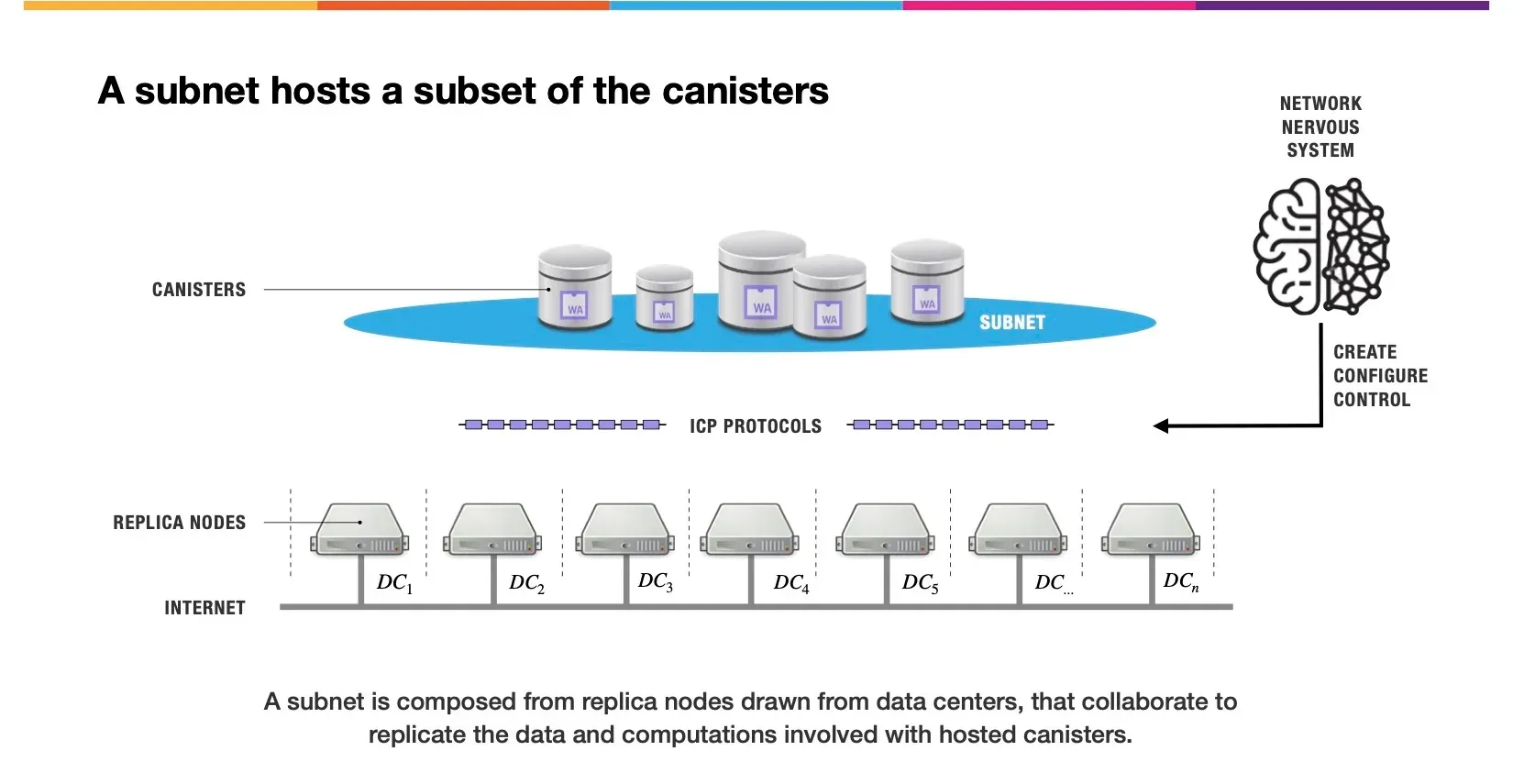
According to the ICP dashboard, this marks the first project to be undertaken under such conditions. We are very excited about that!
Initial situation
Our client VERIABLE, operating from Austria, offers a SaaS solution which primarily serves the European market and extends its services to the US market as well.
They were in search of a hosting solution for their website which is secure, tamper-proof , and cost-efficient , yet still straightforward to manage.
The company employs Astro for its website and they were seeking for alternatives to traditional Web2 hosting services.
Our solution
Given the company’s technical proficiency, they were accustomed to utilize markdown files and other common tools like GitHub, found within the web development industry. So, we could build on them.
- We created a continuous delivery and continuous deployment (CI/DI) pipeline with GitHub actions and deployed their website on the European subnet of the Internet Computer.
- Additionally, we linked the controller of that asset canister to their NNS Internet Identity to give them full control over the asset canister.
- By default, every canister on the Internet Computer can be accessed via icp0.io using their canister ID. We set up the apex of the domain that their standard domain name can be utilized in addition to the default domain.
- Furthermore, there is 100% search engine optimization (SEO) support for these on-chain websites.
Background
Why has this become so significant? Running a website completely on a public blockchain is normally very unusual and this is only possible on the Internet Computer.

The Internet Computer is the only blockchain with canister smart contracts that can serve the web by processing HTTP requests.
Public blockchains, such as the Internet Computer, operate globally, which may raise concerns regarding General Data Protection Regulation (GPDR) compliance in the European Union.
The designation of a European type subnet signifies that the subnet consists exclusively of nodes situated within the European geographical region. Such a subnet configuration enables developers and enterprises to create applications demanding GDPR compliant infrastructure while still benefiting from the decentralisation offered by blockchain technology, catering to regional data sovereignty requirements.

A subnet hosts a subset of the canisters (source)

A subnet refers to a group of nodes that operate a separate instance of the Internet Computer Protocol’s consensus algorithm, effectively maintaining their own blockchain. Comprising node machines, or simply nodes, a subnet hosts canister smart contracts. The code, state, and computation of each canister are duplicated across all nodes within the subnet, ensuring redundancy and resilience.
Currently, the European subnet encompasses 13 nodes scattered throughout Europe. All nodes within the subnet are public and can be tracked via the ICP Dashboard.
Read more in the Internet Computer’s goals for a European subnet.


















